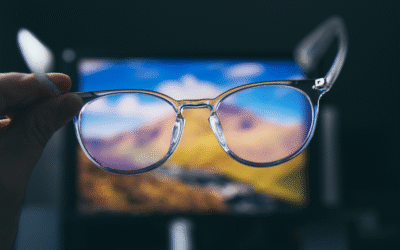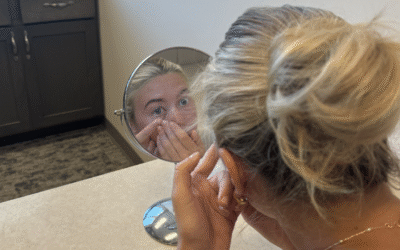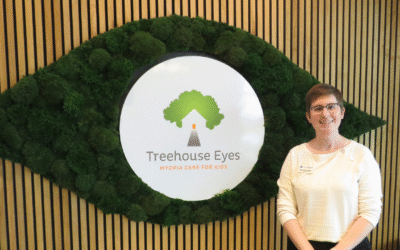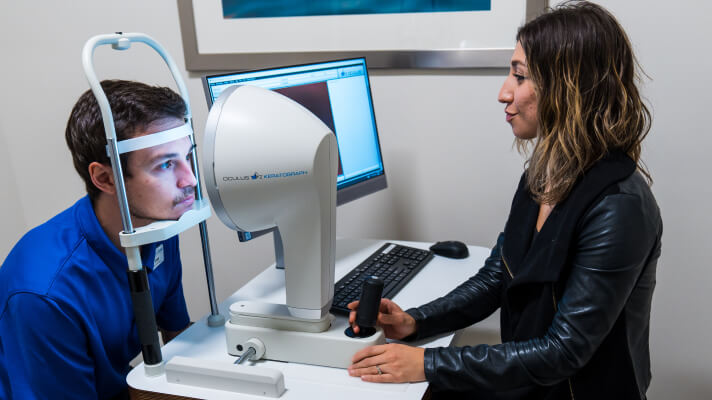
The Right Contact Lens Exam Makes All the Difference
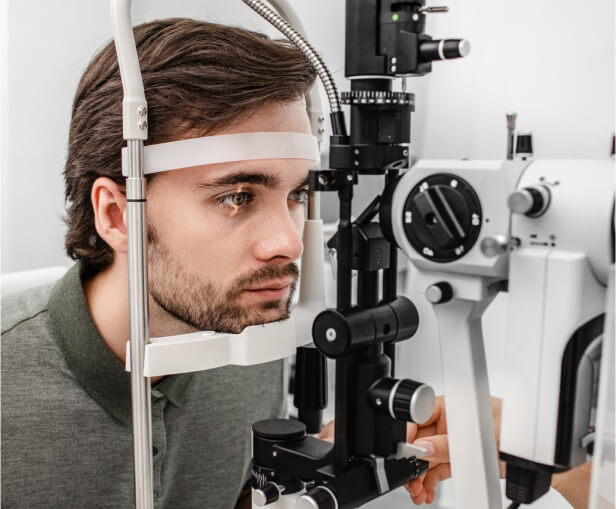
What Is a Contact Lens Exam?
Why Are Contact Lens Exams Important?
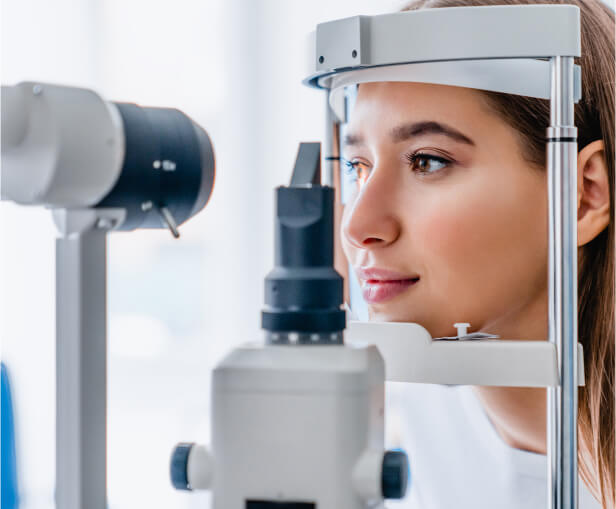
Our Contact Lens Options
Standard Contacts
For many patients, standard lenses are a great way to see clearly without having to rely on glasses. Since we understand that every patient has different needs, our doctors have a variety of brands to consider, with options ranging from daily to monthly wear.
Scleral Lenses & Other Specialty Contacts
Some patients can’t wear standard contacts because they have poor front-of-eye health or “hard-to-fit” eyes. Fortunately, specialty options are available at our Greenwood and Fishers locations. Our scleral lenses can help patients with corneal conditions like dry eye by retaining moisture and protecting eyes from external irritants. Likewise, our Neurolens® glasses can correct both vision and eye misalignment using contoured prism designs.
Myopia Management Lenses
Myopia management lenses do more than correct your child’s vision: they also slow down the progression of nearsightedness. Working with Treehouse Eyes, we use these lenses to reduce the risks associated with high levels of myopia, such as an increased likelihood of developing eye diseases like retinal detachment, glaucoma, and macular degeneration later in life.
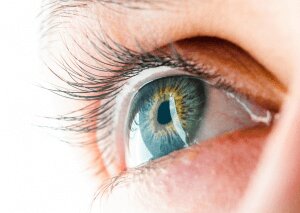
Amniotic Membranes
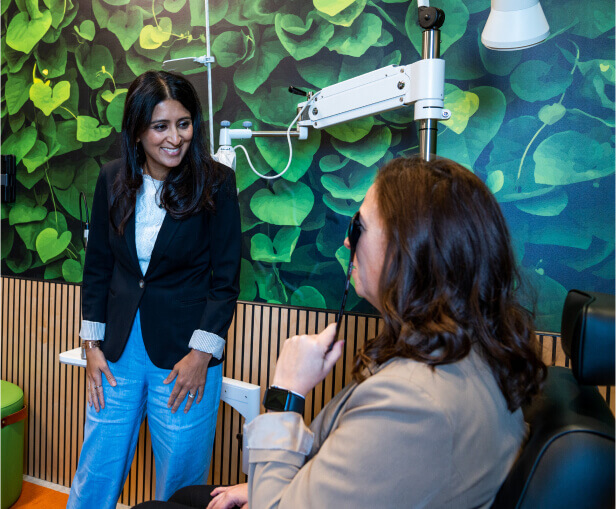
Contact Lens Exams at VisionQuest Eyecare
When you choose VisionQuest Eyecare, you get a personalized eye care experience every time. From comprehensive eye exams to specialized contact lens exams, our doctors take their time to get it right. We use advanced diagnostic and measurement technology, like corneal topography, to assess the overall health of your eyes and obtain precise measurements for a clear, comfortable fit. We also offer various lens and brand options, to accommodate many eye care and vision needs. Visit any our locations in Greenwood or Fishers to see the difference our care can make!
Related Blogs
Do Blue Light Glasses Really Work?
With so many of us spending long hours on computers and phones, blue light glasses have become a popular solution for digital eye strain and sleep disruption. But what does the research really say about their effectiveness? At VisionQuest Eyecare, we’re committed to...
Contact Lenses vs. Glasses: Which Is Right for You?
Choosing between contact lenses and glasses isn’t just about style, it’s about lifestyle, comfort, vision needs, and personal preference. At VisionQuest Eyecare, serving Greenwood and Fishers, Indiana, we understand that the right eyewear enhances not only your vision...
What Is Myopia? A Parent’s Guide to Understanding and Managing Nearsightedness
At VisionQuest Eyecare, many of the parents we see in our Greenwood and Fishers offices come in with the same question: “What exactly is myopia, and why is it becoming so common in kids?” With myopia cases steadily rising in children, it’s more important than ever to...




